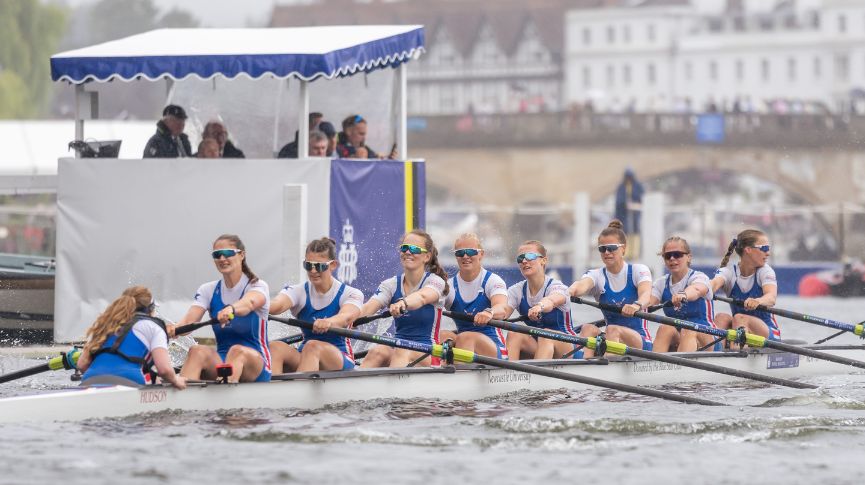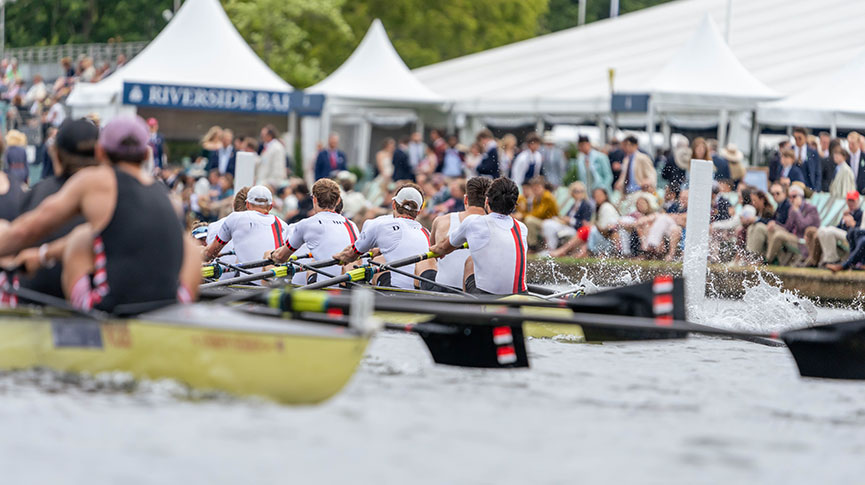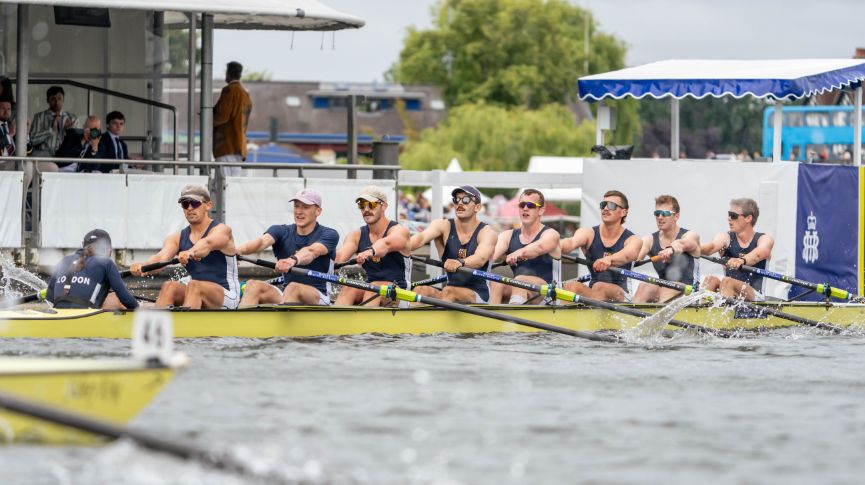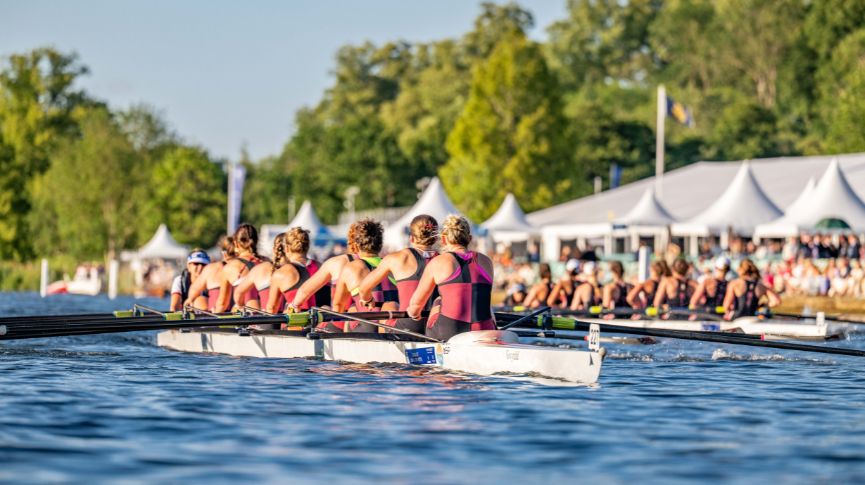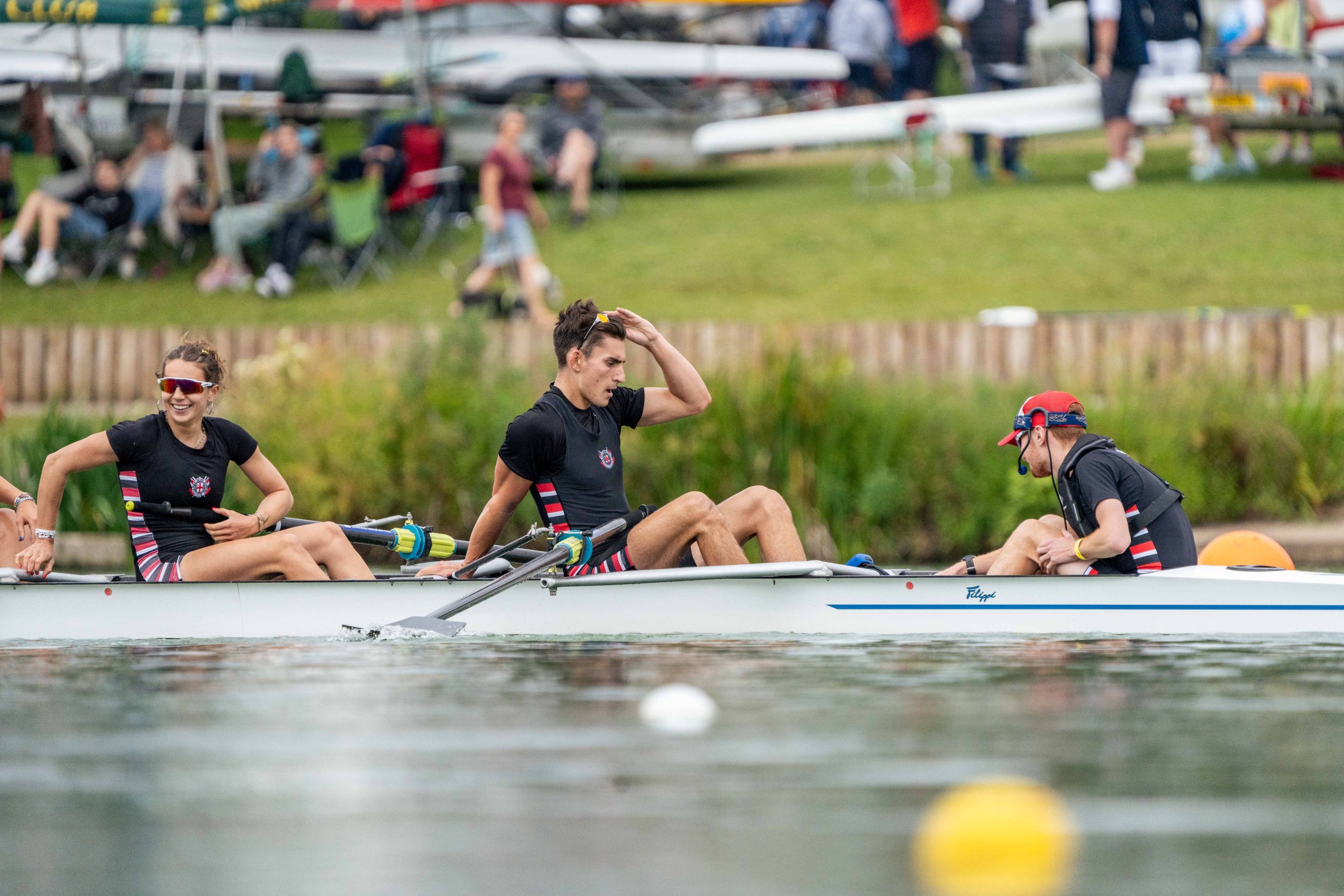The athletes’ voice is the most powerful asset anti-doping has: Andrew Triggs Hodge, Olympic rowing champion
Now in his final year, Triggs Hodge takes the opportunity to look back at how the anti-doping world has changed and how the influence of the Commission has evolved
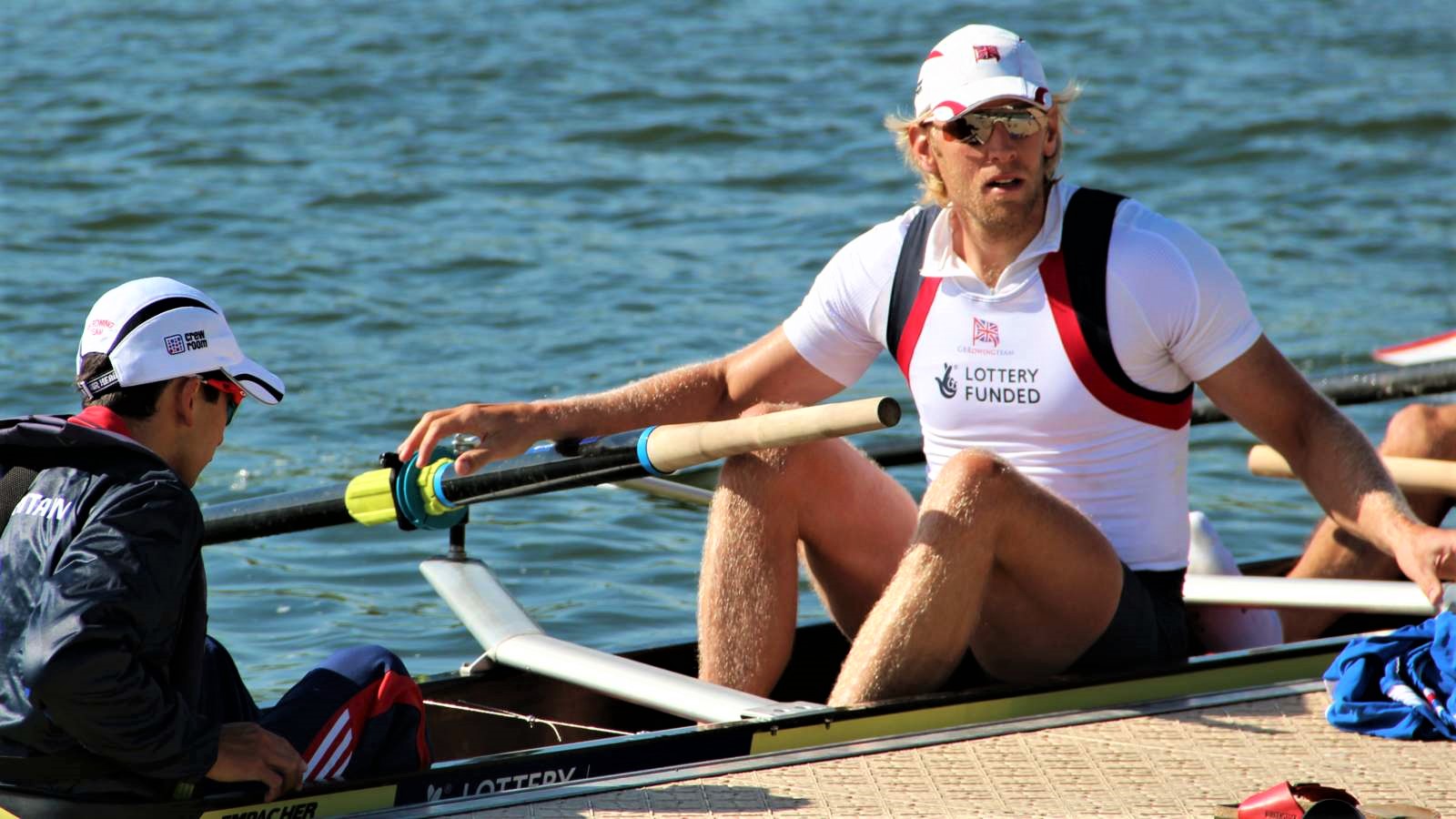
Andy Triggs Hodge pictured at Caversham in 2013 (c) John Stead
Triple Olympic champion Andrew Triggs Hodge has been a member of UK Anti-Doping’s (UKAD) Athlete Commission since 2013.
Now in his final year, he takes the opportunity below to look back at how the anti-doping world has changed and how the influence of the Commission has evolved.
From my position, I started on the Athlete Commission in 2013. In that time, I’ve seen the responsibility of the group grow from a collection of interested athletes helping to give an athlete’s view, to a passionate and motivated group of informed competitors who are empowered to make a difference.
It has become an iconic decade for world anti-doping. With each major step forward in bringing dopers to justice comes the sad truth that there is such a long way to go, the bigger the scandal the sadder the truth. The war on doping is far from half way, let alone done. As soon as anti-doping makes a step forward it’s undermined by the next ground-shaking scandal. However, saying this I do believe there has been one big step forward: the growing attitude and morality shown by athletes from across the world.
The war on doping is far from half way, let alone done
This has been shown by the championing and support of the education programmes, the acceptance and buy-in of the tough testing regime and its impact on their lives, and right up to the bravery shown by the small collection of whistle-blowers, who have lifted the lid on the major anti-doping scandals which have tragically shown how vulnerable sport is.
The best and most powerful asset anti-doping has is the athletes’ voice. I would dearly like to see the tail wind that is gathering behind anti-doping grow into a hurricane that drives any form of doping from our sports. This hurricane can only gather when the collective will of every athlete is fully empowered to stand up against those who resort to, or who are forced or persuaded, to cheat.
I hope the UKAD Athlete Commission does inspire athletes across the UK to make the right choices, and that the system in place is emulated across sports bodies all over the world to empower the athlete voice.
When UKAD becomes a body that inspires, and needs not enforce, we know we’re getting there.


